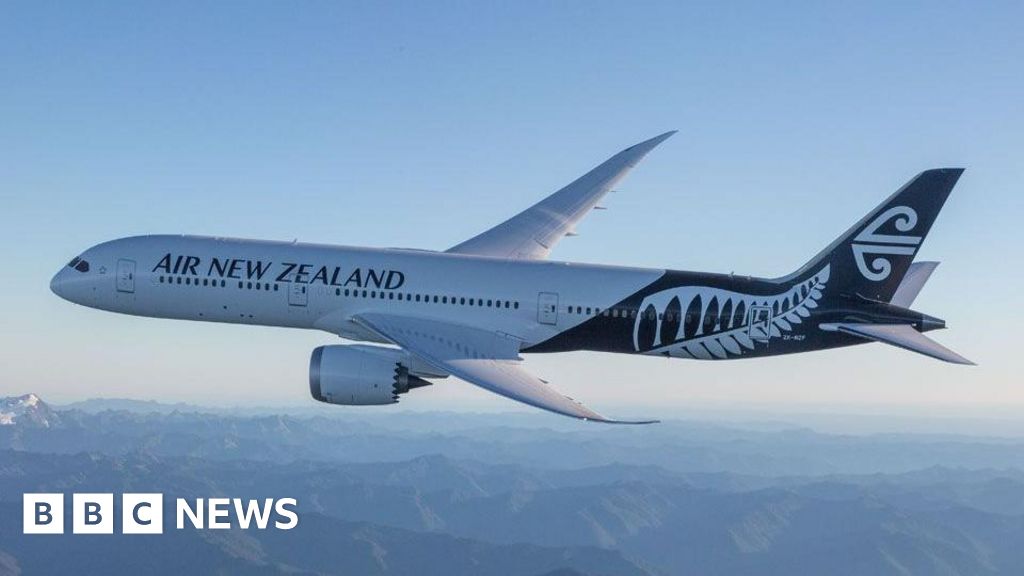Air New Zealand has abandoned a 2030 goal to cut its carbon emissions, blaming difficulties securing more efficient planes and sustainable jet fuel.
The move makes it the first major carrier to back away from such a climate target.
The airline added it is working on a new short-term target and it remains committed to an industry-wide goal of achieving net zero emissions by 2050.
The aviation industry is estimated to produce around 2% of global carbon dioxide emissions, which airlines have been trying to reduce with measures including replacing older aircraft and using fuel from renewable sources.



Almost, yes. It should be close enough as an estimate.
If you want to be precise, one thing you want to be careful about is that not every fuel releases the same amount of energy per kg of CO2. So you should be comparing to the CO2 released by whatever is being replaced by the biofuel (most likely fossil fuel), not the biofuel itself.
Another consideration is how much CO2 is released by the production of the biofuel compared to what it is replacing. Since farming equipment, transportation etc. all could produce CO2.